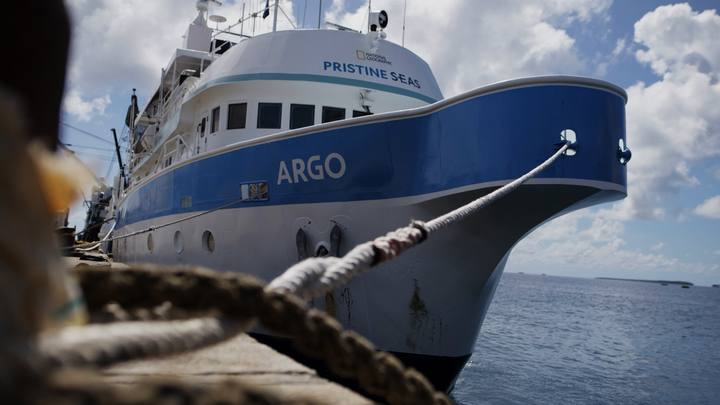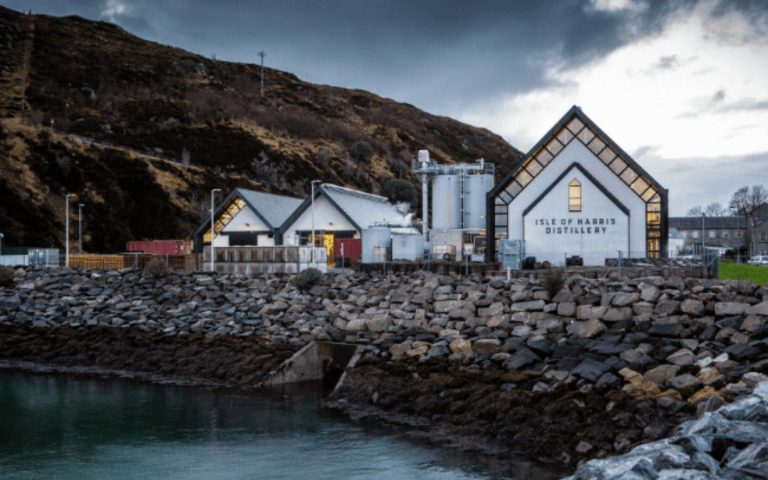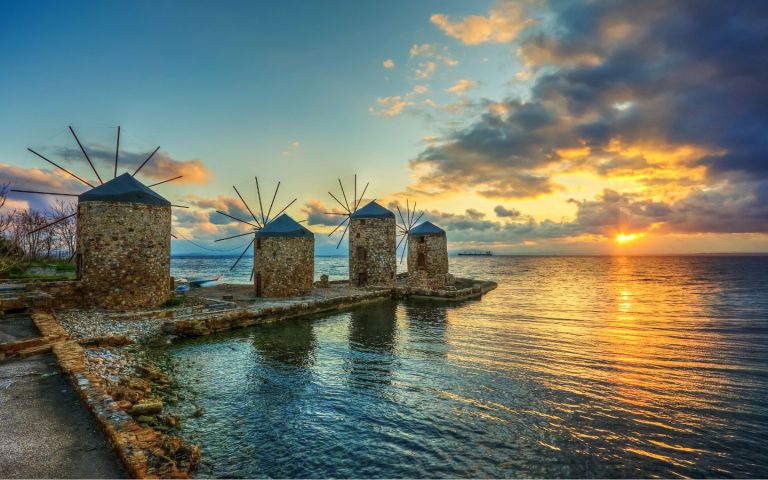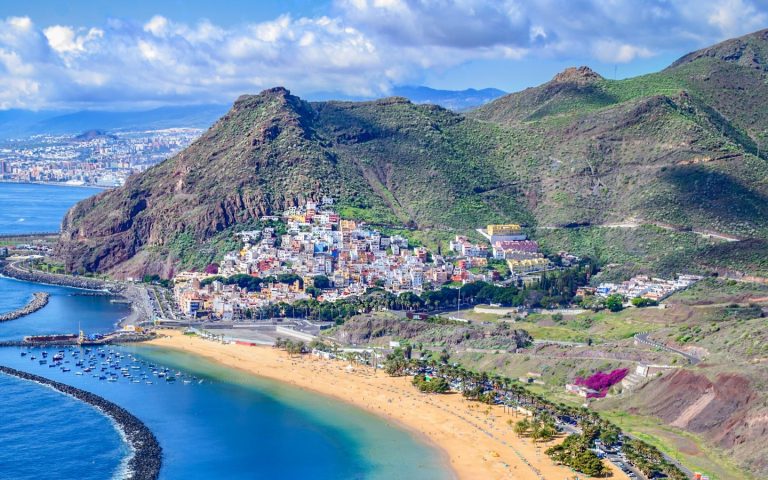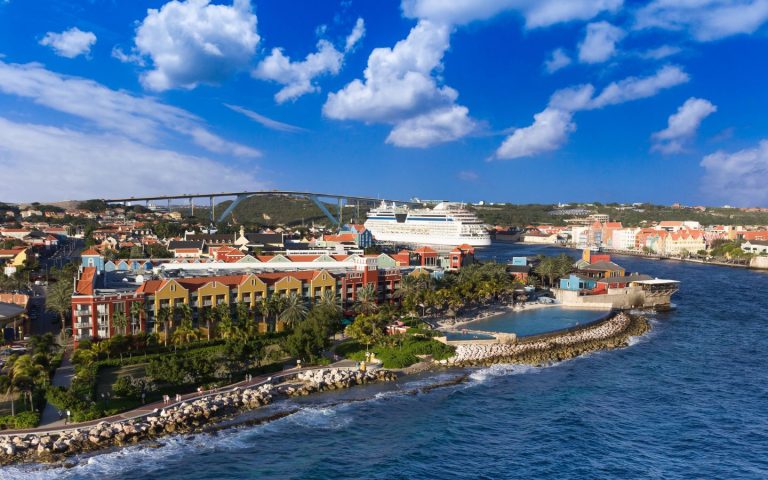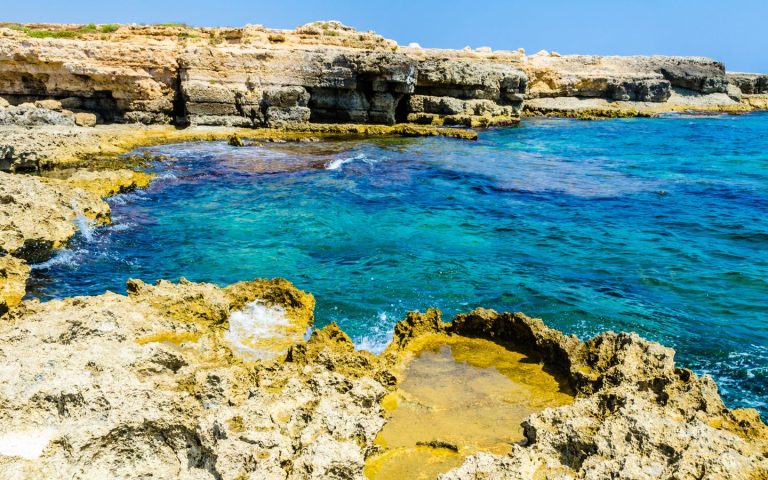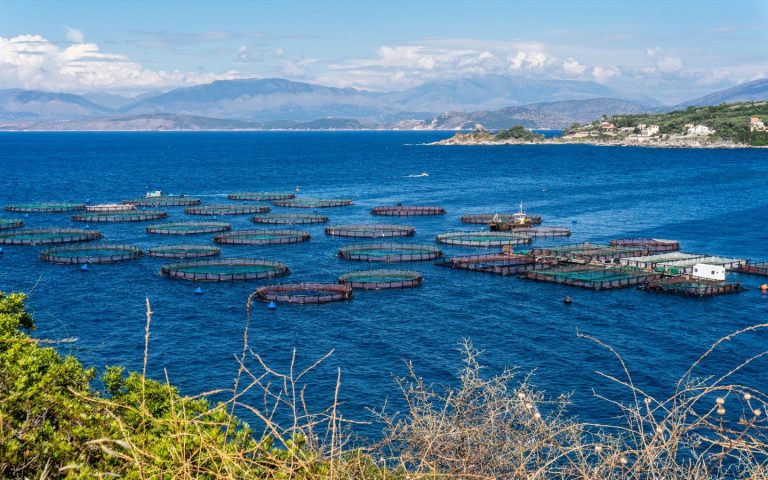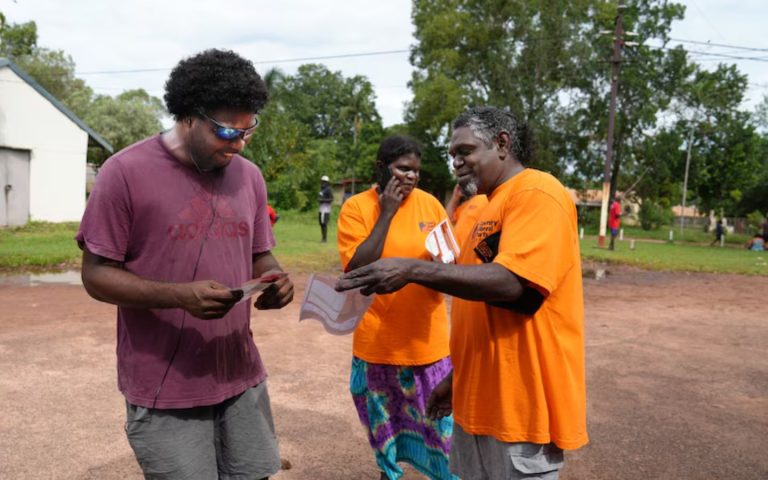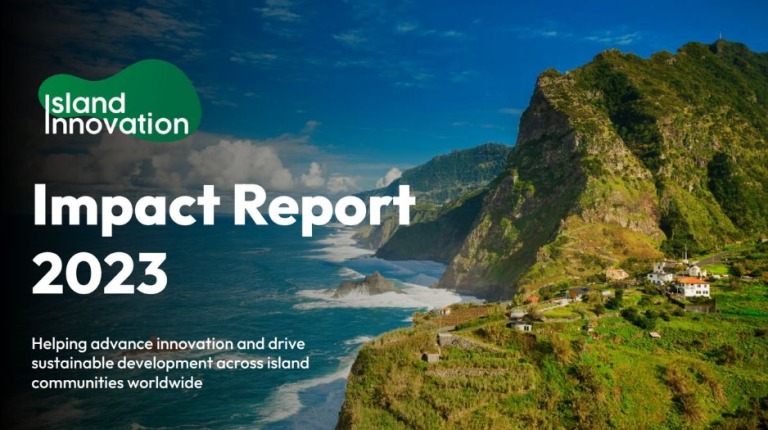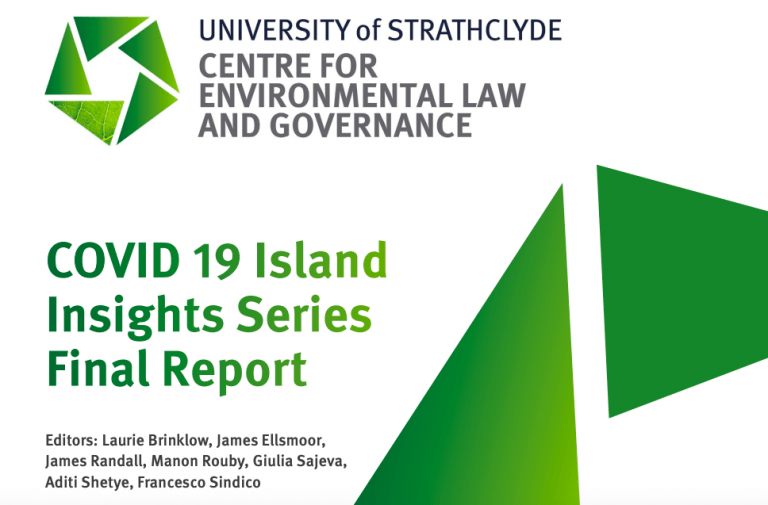Photo retrieved from blog.nationalgeographic.org
Excerpt from blog.nationalgeographic.org
National Geographic Pristine Seas dropped anchor in the Republic of Marshall Islands today to explore four of the Pacific nation’s 29 atolls, one of which the U.S. used as detonation site for 23 nuclear bombs between 1946-1958. The scientists will survey sea life in the Bikini Atoll and the neighboring Rongerik Atoll, as well as two of the country’s most remote and northernmost isles, Bikar and Bokak. The expedition is a collaboration among Pristine Seas, The Nature Conservancy and the Marshall Islands Marine Resources Authority (MIMRA). The expedition is funded by the Walmart Foundation, the Bezos Earth Fund, and Bloomberg Philanthropies.
“For the Marshallese, the ocean is life,” said Glen Joseph, Director at MIMRA, “Local communities rely on fish, coconuts and other plants for food and incomes. It’s critical that we closely monitor and plan for the sustainable use of our waters. More information about these remote atolls at the far end of our country is essential to realizing our country’s vision for the future. I’ll never forget the pristine beauty of the Bikar and Bokak atolls, which I was honored to visit in 2019. It’s essential that we lay out plans for how to best preserve these troves of biodiversity.”
Bikar and Bokak, located within the Ratak Islands of RMI, are uninhabited and potentially still pristine. Their study of Bikini atoll, in contrast, will give the team the opportunity to examine the ability of coral reefs to bounce back decades after the most extreme human impact second only to global warming—nuclear tests. This expedition will also be the first to comprehensively survey the little-known underwater world of Rongerik Atoll, which will be a reference site to compare against Bikini.
“The remote atolls of Bikar and Bokak may be examples of how coral reefs were hundreds of years ago, but also a blueprint for the future. They will provide a baseline for reef conservation efforts elsewhere. We’re excited to support the Marshall Islands efforts to protect these global jewels,” said Enric Sala, National Geographic Explorer in Residence and founder of Pristine Seas.

